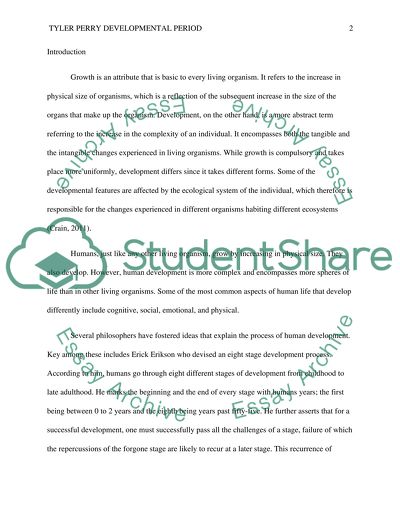Cite this document
(“Tyler perry developmental period Research Paper”, n.d.)
Tyler perry developmental period Research Paper. Retrieved from https://studentshare.org/psychology/1461957-tyler-perry-developmental-period
Tyler perry developmental period Research Paper. Retrieved from https://studentshare.org/psychology/1461957-tyler-perry-developmental-period
(Tyler Perry Developmental Period Research Paper)
Tyler Perry Developmental Period Research Paper. https://studentshare.org/psychology/1461957-tyler-perry-developmental-period.
Tyler Perry Developmental Period Research Paper. https://studentshare.org/psychology/1461957-tyler-perry-developmental-period.
“Tyler Perry Developmental Period Research Paper”, n.d. https://studentshare.org/psychology/1461957-tyler-perry-developmental-period.


